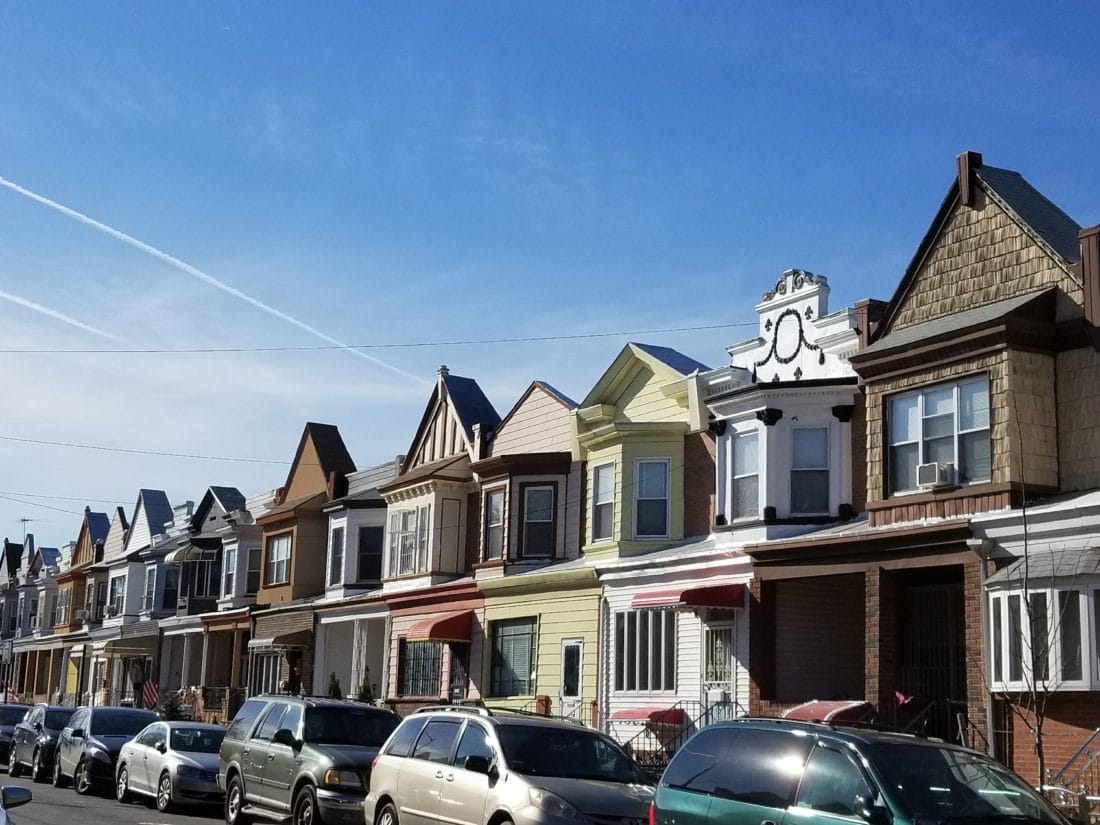OPINION: Protect New York City Homeowners and Permanently Fund HOPP


By Shabnam Faruki
In New York City, families work for years to save enough money to buy a home and put down roots in a neighborhood where they can create community and build enduring connections. Owning a home is often the biggest investment people make in their lifetime. For many New Yorkers, it is the main vehicle for asset-building and bridging the wealth gap.
And once they achieve their dream of homeownership, low- and middle- income households often face hurdles to preserving it, including predatory scammers targeting immigrants, seniors, and communities of color; loss of employment or an unanticipated family emergency leading to foreclosure; or extreme weather causing thousands of dollars in damage and destruction.
While owning a home can be a constant struggle, New York’s homeowners haven’t had to go through it alone. For nearly a decade, the Homeowner Protection Program (HOPP) has been the critical safety net for New Yorkers facing housing distress. The program provides free non-profit legal and housing services in all counties across New York State and has helped more than 100,000 families avoid foreclosure and save their homes.
Now, that safety net is in danger of disappearing. If $20 million per year is not allocated to keep the HOPP program in the State budget permanently, New York’s foreclosure prevention network will nearly disappear overnight. The statewide hotline for homeowners in distress will be completely shut down. Because of the funding uncertainty, local non-profits — such as Brooklyn Legal Services — that have been the bedrocks of so many communities are already having to ramp down their services in anticipation of a shutdown.
Consider the Moreno family, whose name has been changed to protect their identity. They have owned their two-family home in Sunset Park for over 40 years, raising their two children and now grandchildren there. Like many economically vulnerable families, the Morenos, who speak limited English, were targeted on the basis of their ethnicity by a Spanish-language mailing advertising a lower interest rate. A broker then came to their home, promising a lower fixed interest rate, and instead gave them a larger loan with another high variable rate. While the conversation with the broker about the mortgage was entirely in Spanish, the loan documents were provided only in English and never translated for the Morenos.
The Morenos did their best to pay their mortgage, but they eventually lost income and defaulted. The mortgage company filed a foreclosure case and refused to modify the Morenos’ mortgage because it was more profitable to foreclose on and sell their Brooklyn home. Brooklyn Legal Services intervened and halted the foreclosure, and the mortgage company is now being investigated for lending discrimination.
Without HOPP funding, families like the Morenos will no longer have access to assistance from local non-profits like Brooklyn Legal Services. Seniors, veterans, first-time homeowners, racial and ethnic minorities, and so many other vulnerable residents of Brooklyn and across New York State will have to navigate these traumatic events, like predatory lending and foreclosure, alone.
Experienced advocates are necessary to help homeowners modify their mortgages with banks, combat fraud through enforcement agencies, and deal with the horrors of displacement in the court system—all complicated, bureaucratic processes that fail to provide a level playing field. Lack of access to free help will have a devastating domino effect on our communities, leading to homelessness, blight, and an increase in the already troubling income inequality across our State. Homeownership cannot be a privilege that belongs only to the wealthy.
The State must stand up for our families and dedicate $20 million in permanent funding to the HOPP network. Without it, thousands of New Yorkers will lose their homes and more than 80 non-profits statewide will have to lay off the dedicated advocates who have been guiding families through some of the most difficult times in their lives.
Fund the Homeowner Protection Program — our neighborhoods depend on it.
Shabnam Faruki is the Director of Foreclosure Prevention & Community Economic Development at Brooklyn Legal Services, a program of Legal Services NYC



